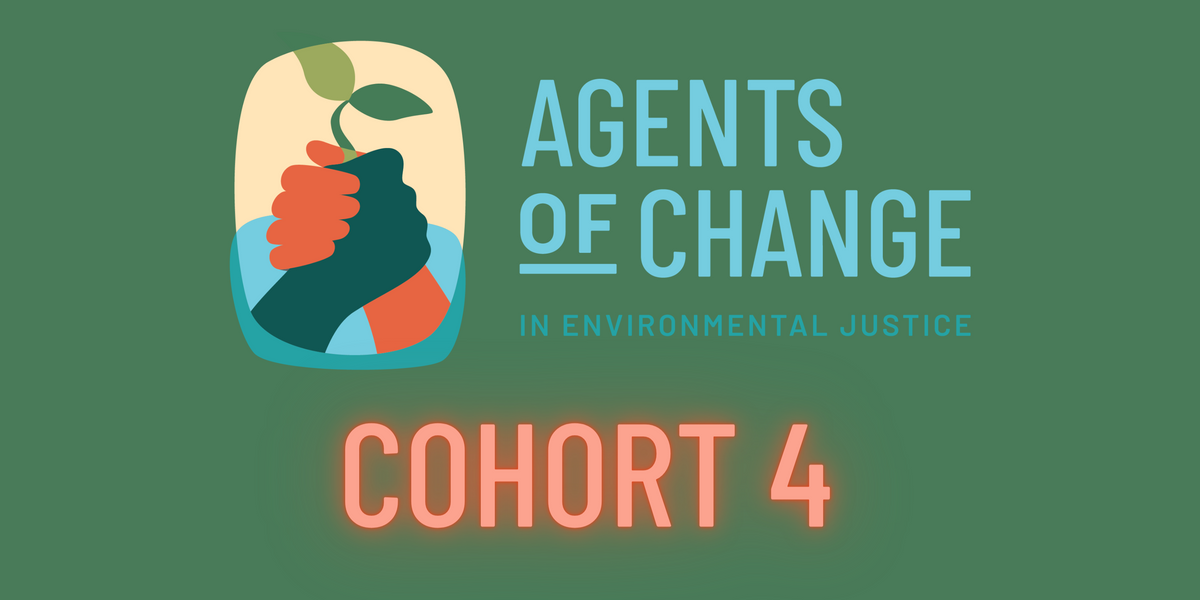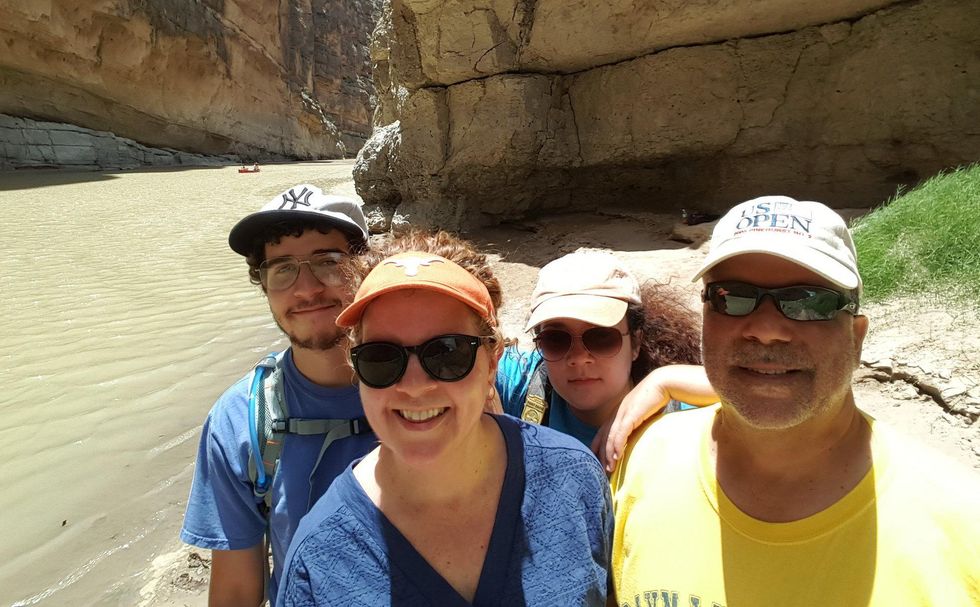
21 February
Agents of Change: 2022-2023 Cohort
Read the ideas and solutions from our fourth cohort.
2022-2023 Cohort
Public lands are not neutral. We must grapple with their racist roots
 Credit: Carolyn E. Ramírez
Credit: Carolyn E. Ramírez
Read the ideas and solutions from our fourth cohort.
 Credit: Carolyn E. Ramírez
Credit: Carolyn E. Ramírez
Extreme heat is killing more Americans than any other weather-related event, but federal policies remain focused on protecting people from cold.
In short:
Key quote:
“Access to air conditioning is a life-saving intervention during extreme heat. Lack of air conditioning (AC) was a key driver in mortality.”
— Multnomah County, Oregon investigation
Why this matters:
Disregard for the realities of a heating planet is deeply embedded in policy. Regulations don’t account for how much our climate has changed. Every summer, heat waves kill more people than hurricanes or floods, yet federal programs designed to protect the vulnerable still see cooling as optional. Read more: Ripe for disaster declarations — heat, wildfire smoke and death data.

Tribes are forced to lease their own lands from states, which profit from resources like timber, gas, and minerals, while tribal sovereignty and environmental management are undermined.
Anna V. Smith and Maria Parazo Rose report for High Country News and Grist.
In short:
Key quote:
“Hundreds of thousands of millions of dollars that could have perhaps been used to educate, to create housing, to create economic opportunity have been lost to the tribes.”
— Minnesota State Senator, Mary Kunesh
Why this matters:
Land leasing affects tribal sovereignty and limits Indigenous management of vital ecosystems. To use these lands, the tribes themselves often have to pay, a grim irony considering these territories were once meant to be set aside for their exclusive use. Read more: Why Indigenous women are risking arrest to fight Enbridge’s Line 3 pipeline through Minnesota.

A year after London's clean air zone was enforced, 40% of children began walking or biking to school instead of being driven, according to new research.
In short:
Key quote:
"Physical activity in general is vital for preventing obesity... and has benefits for children’s physical development and mental health.”
— Christina Xiao, epidemiologist at Cambridge University
Why this matters:
Research shows that penalizing driving—rather than just building bike lanes or walking paths—is often more effective at getting people out of their cars. And whether it's through incentives or penalties, the takeaway is clear: what’s good for the planet is often what’s best for the kids too. Read more: Another road is possible.
New reports suggest that President Biden's climate policies will save 200,000 lives by reducing pollution and have already added nearly 150,000 clean energy jobs in the U.S.
In short:
Key quote:
"The biggest threats to this unprecedented progress are misguided efforts to repeal or roll back parts of the IRA."
— Bob O'Keefe, executive director of E2.
Why this matters:
Reducing pollution saves lives and improves public health. Clean energy job growth boosts the economy but faces potential reversal if Trump wins, risking pollution increases and economic setbacks in this sector.

The nation’s first carbon capture and storage project, located in Decatur, IL, has violated Safe Drinking Water Act regulations due to corrosion in a monitoring well, according to the EPA.
In short:
Key quote:
“This incident puts an exclamation point on concerns communities across the country have been raising for years about the dangers the CCS industry poses to public safety and drinking water.”
— Jim Walsh, policy director of Food & Water Watch.
Why this matters:
Corrosion and leaks in carbon capture projects could threaten drinking water and public safety. Early issues like this may signal more severe problems as these facilities age, potentially undermining their role in climate solutions.

A pipeline fire ignited after a vehicle struck a valve near Houston, prompting investigations and an evacuation of nearly 1,000 homes.
In short:
Key quote:
“A lot of the house structures that are adjacent to that are still catching on fire even though we’re putting a lot of water on them.”
— Jerry Mouton Jr., Mayor of Deer Park.
Why this matters:
Pipeline explosions in Houston’s petrochemical region are common, raising concerns about the safety of the infrastructure and its impact on nearby communities and the environment. Residents must grapple with repeated disruptions and potential long-term risks.
Related EHN coverage:

A recent report shows that vehicle miles traveled in the US have risen 12% since 2019, with New York City’s urban core seeing the largest increase.
In short:
Key quote:
“Congestion is pretty stubborn.”
— Emily Adler, director of content at StreetLight Data.
Why this matters:
Increased driving worsens pollution and traffic congestion, both of which complicate efforts to meet climate and public health goals. Policymakers must address infrastructure and urban planning to curb these trends.
Read more:
“Women, in all of their diversity, must be at the center of climate and energy decision-making.”
The discourse on climate resilience must include affordable housing policy solutions.
“Pennsylvania steel communities have lived with dangerous air quality for generations. That needs to end.”
"Environmental justice itself is for the first time in the title of the climate office."
CNX Resources is slated to receive Justice40 dollars for self-monitoring. Health and justice advocates are outraged.
For communities plagued by energy extraction and petrochemical buildout, struggles of environmental justice often fall on deaf ears.